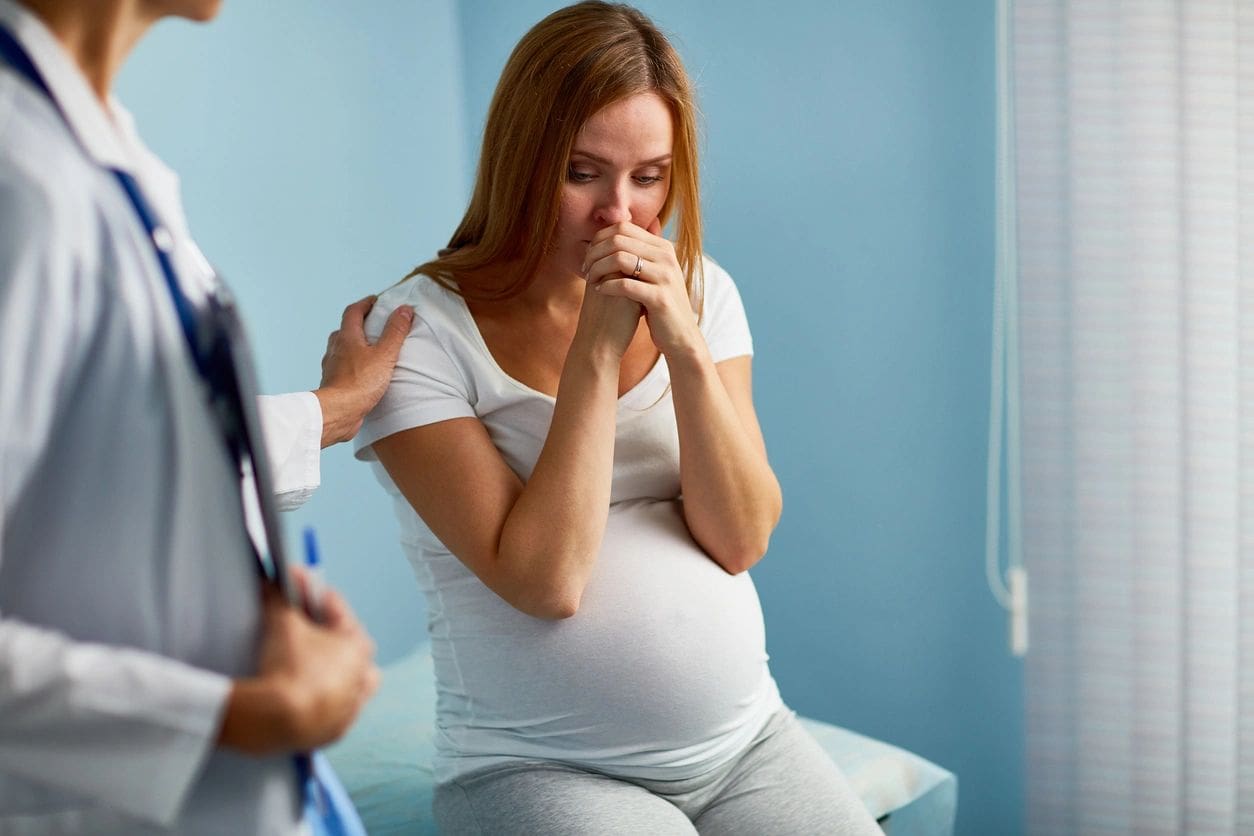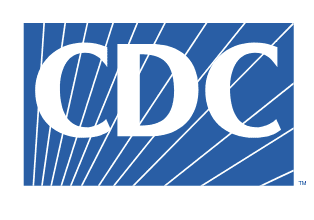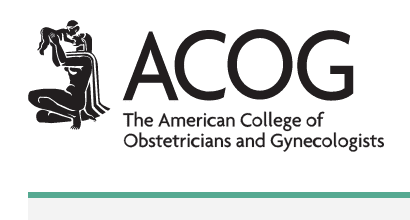Search Posts
Recent Posts
- Rhode Island Legislature Highlights Accomplishments for the 2025 Session June 25, 2025
- Sports in RI: Cody Tow, Volleyball Past, Present and Into His Future – John Cardullo June 25, 2025
- Need a Break? Time for Sour Grapes – Tim Jones June 25, 2025
- Rhode Island Weather Forecast for June 25, 2025 – Jack Donnelly June 25, 2025
- It is what it is: Commentary on 6.25.25 with Jen Brien June 25, 2025
Categories
Subscribe!
Thanks for subscribing! Please check your email for further instructions.

Protecting moms and babies with the COVID-19 vaccine
To back up original recommendations that the COVID-19 vaccine was safe for pregnant women, breastfeeding women, women who want to become pregnant in the future, and those who have had babies, both the CDC and the ACOG issued strong statements of support after scientific review. Here are their statements and why they encourage women to be vaccinated, especially as new strains develop.
From the CDC:

COVID-19 vaccination is recommended for all people aged 12 years and older, including people who are pregnant, breastfeeding, trying to get pregnant now, or might become pregnant in the future. Pregnant and recently pregnant people are more likely to get severely ill with COVID-19 compared with non-pregnant people. Getting a COVID-19 vaccine can protect you from severe illness from COVID-19.
CDC Recommendations for People who are Pregnant
COVID-19 vaccination is recommended for all people 12 years and older, including people who are pregnant. If you are pregnant, you might want to have a conversation with your healthcare provider about COVID-19 vaccination. While such a conversation might be helpful, it is not required before vaccination. You can receive a COVID-19 vaccine without any additional documentation from your healthcare provider.
CDC recommendations align with those from professional medical organizations serving people who are pregnant, including the American College of Obstetricians and Gynecologistsexternal icon and the Society for Maternal Fetal Medicinepdf iconexternal icon.
If you got pregnant after receiving your first shot of a COVID-19 vaccine that requires two doses (i.e., Pfizer-BioNTech COVID-19 vaccine or Moderna COVID-19 vaccine), you should get your second shot to get as much protection as possible. If you experience fever following vaccination, you should take acetaminophen (Tylenol®) because fever—for any reason—has been associated with adverse pregnancy outcomes. If you are pregnant and have questions about COVID-19 vaccine
If you would like to speak to someone about COVID-19 vaccination during pregnancy, you can contact MotherToBaby. MotherToBaby experts are available to answer questions in English or Spanish by phone or chat. The free and confidential service is available Monday–Friday 8am–5pm (local time). To reach MotherToBaby:
- Call 1-866-626-6847
- Chat live or send an email MotherToBabyexternal icon
CDC Recommendations for People who are Breastfeeding
COVID-19 vaccination is recommended for all people 12 years and older, including people who are breastfeeding. Clinical trials for the COVID-19 vaccines currently used in the United States did not include people who are breastfeeding. Because the vaccines have not been studied in people who are breastfeeding, there are limited data available on the:
- Safety of COVID-19 vaccines in people who are breastfeeding
- Effects of vaccination on the breastfed baby
- Effects on milk production or excretion
COVID-19 vaccines cannot cause infection in anyone, including the mother or the baby, and the vaccines are effective at preventing COVID-19 in people who are breastfeeding. Recent reports have shown that breastfeeding people who have received mRNA COVID-19 vaccines have antibodies in their breastmilk, which could help protect their babies. More data are needed to determine what protection these antibodies may provide to the baby.4-7
Planning on Having a Baby
COVID-19 vaccination is recommended for everyone 12 years of age and older, including people who are trying to get pregnant now or might become pregnant in the future , as well as their partners.
Johnson & Johnson’s Janssen (J&J/Janssen) COVID-19 Vaccine: Women younger than 50 years old should especially be aware of the rare risk of blood clots with low platelets after vaccination. There are other COVID-19 vaccines available for which this risk has not been seen. If you received a J&J/Janssen COVID-19 Vaccine, here is what you need to know. Read the CDC/FDA statement.
Real more details from the CDC, here: https://www.cdc.gov/coronavirus/2019-ncov/vaccines/recommendations/pregnancy.html
_____
From the American College of Obstetricians and Gynecologists

The American College of Obstetricians and Gynecologists (ACOG) and the Society for Maternal-Fetal Medicine (SMFM), the two leading organizations representing specialists in obstetric care, recommend that all pregnant individuals be vaccinated against COVID-19. The organizations’ recommendations in support of vaccination during pregnancy reflect evidence demonstrating the safe use of the COVID-19 vaccines during pregnancy from tens of thousands of reporting individuals over the last several months, as well as the current low vaccination rates and concerning increase in cases.
Data have shown that COVID-19 infection puts pregnant people at increased risk of severe complications and even death; yet only about 22% of pregnant individuals have received one or more doses of the COVID-19 vaccine, according to the U.S. Centers for Disease Control and Prevention.
In making the strong recommendation in support of vaccination during pregnancy, both national organizations emphasize concerns about significant increases in COVID-19 cases due to the Delta variant and the regional low rates of vaccination in states across the country. Recent data have shown that more than 95% of those who are hospitalized and/or dying from COVID-19 are those who have remained unvaccinated. Pregnant individuals who have decided to wait until after delivery to be vaccinated may be inadvertently exposing themselves to an increased risk of severe illness or death. Those who have recently delivered and were not vaccinated during pregnancy are also strongly encouraged to get vaccinated as soon as possible.
“ACOG encourages its members to enthusiastically recommend vaccination to their patients. This means emphasizing the known safety of the vaccines and the increased risk of severe complications associated with COVID-19 infection, including death, during pregnancy,” said J. Martin Tucker, MD, FACOG, president of ACOG. “It is clear that pregnant people need to feel confident in the decision to choose vaccination, and a strong recommendation from their obstetrician–gynecologist could make a meaningful difference for many pregnant people.”
“COVID-19 vaccination is the best method to reduce maternal and fetal complications of COVID-19 infection among pregnant people,” said William Grobman, MD, MBA, president of SMFM. Maternal-fetal medicine subspecialists—experts in high-risk pregnancy—strongly recommend that pregnant people get vaccinated. Vaccination is safe before, during, or after pregnancy.
“ACOG is recommending vaccination of pregnant individuals because we have evidence of the safe and effective use of the vaccine during pregnancy from many tens of thousands of reporting individuals, because we know that COVID-19 infection puts pregnant people at increased risk of severe complications, and because it is clear from the current vaccination rates that people need to feel confident in the safety and protective value of the COVID-19 vaccines,” added ACOG president Dr. Tucker. “Pregnant individuals should feel confident that choosing COVID-19 vaccination not only protects them but also protects their families and communities.”
Vaccines are our single most effective tool against preventable viruses or diseases, including COVID-19. ACOG and SMFM encourage pregnant individuals to get vaccinated without delay because widespread uptake of the vaccines is the best chance we have to save lives and end this pandemic.
